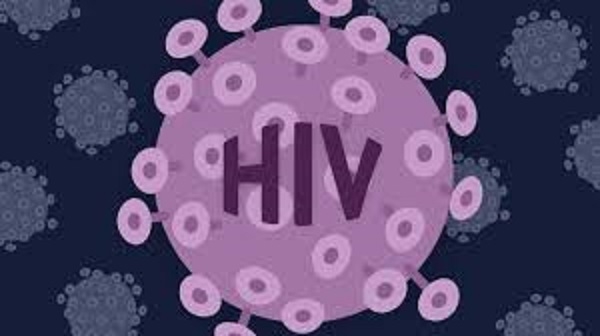Ghana's 2023 HIV and AIDS data shows mixed progress
 HIV prevalence in Ghana
HIV prevalence in Ghana
Recent data from the 2023 national and sub-national HIV and AIDS estimates and projections reveal that 17,774 people—6,457 males and 11,317 females—became newly infected with HIV in that year.
The new infections include 4,869 youths aged 15 to 24, 1,698 children under 15, 1,520 adolescents between 10 and 19, and 16,076 adults above 15.
Dr. Kyeremeh Atuahene, Director -General of the Ghana AIDS Commission, disclosed this information in Accra on Wednesday.
He noted that there has been a 14.8 percent decrease in new infections between 2013 and 2023.
“The data indicates that Ghana has not been able to achieve its annual target of a 17 percent reduction in new HIV infections over the last ten years,” Dr. Atuahene stated.
However, he expressed optimism, projecting a 41 percent decrease in new HIV infections between 2023 and 2030.
In 2023, an estimated 334,095 people in Ghana—115,891 males and 218,204 females—were living with HIV.
This population included 17,550 children under 14, 16,381 adolescents between 10 and 19, 33,245 young adults between 15 and 24, and 316,545 adults aged 15 and older.
The data shows a nine percent increase in the HIV population from 2013 to 2023, with an expected rise of 6.8 percent by 2030.
Additionally, projections indicate that 12,480 Ghanaians died from AIDS-related illnesses in 2023.
Dr. Atuahene highlighted that despite the availability of treatments that can prevent disease progression and death, AIDS-related mortality continues when it should not.
He emphasized that Ghana, along with the rest of the world, is committed to achieving the 95-95-95 targets by 2025.
These targets aim for 95 percent of people living with HIV to be aware of their status, 95 percent of those receiving antiretroviral therapy (ART) to attain viral suppression, and 95 percent of those receiving ART to know their status.
In 2023, Ghana achieved 65.3 percent for the first 95 target, 69.4 percent for the second, and 89.0 percent for the third.
Dr. Atuahene underscored that most people infected or living with HIV in Ghana are between the ages of 15 and 49, representing an economically active population.
He stressed that stopping the AIDS epidemic in the country should be a key priority for everyone.
Source: Classfmonline.com/Cecil Mensah
Trending News

CDM warns Ghana risks international breach over CJ's suspension
08:41
ECOWAS launches 50th anniversary celebrations with call for unity and economic resilience
11:58
NPA boss warns NDC members against illegal mining
04:14
Police refute claim of detention of 4 officers over arrest of judge for traffic offence
05:35
Rotational nurses and midwives cry out over 11 months of unpaid allowances
11:32
Ayikoi Otoo questions credibility of Mahama’s 120-day social contract
03:47
W/R: Police arrest suspect for stealing vehicle belonging to EPA in Tarkwa
04:21
Western Regional Minister urges police to intensify galamsey fight amid bribery concerns
11:18
Gov't to track down illegal mining excavator owners – Defence Minister
03:38
FIC subjects McDan Group to anti-money laundering investigations
04:03




